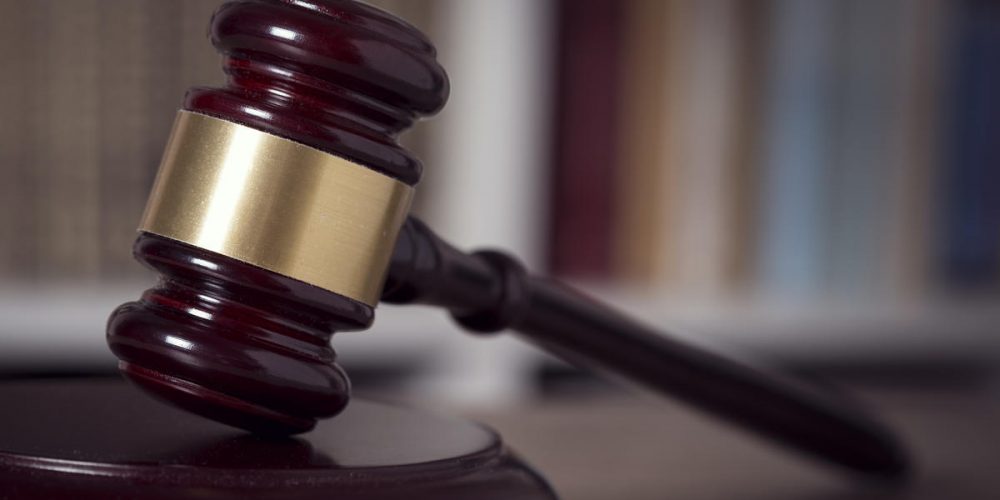A law professor who studies ideological bias in the judiciary says Iowa must change its method for nominating judges.
In a Des Moines Register op-ed, Prof. Brian Fitzpatrick of Vanderbilt University reveals that Iowa’s current system doesn’t produce “better” or more impartial judges. In fact, his studies show, Iowa’s system actually produces more politically skewed courts.
Unlike at the federal level, Iowa’s governor may not put forth her own nominees for the state Supreme Court and Court of Appeals. Rather, a nominating commission puts forth a list of two or three names for every opening, and the governor is compelled to choose from among them.
“It doesn’t take a law professor to tell you who holds all the power in this system,” Fitzpatrick writes, “the commission.”
Currently, Iowa’s nominating commission consists of eight people appointed by the governor, eight elected by Iowa lawyers, and the final spot reserved for a standing member of Iowa’s Supreme Court.
Proponents of Iowa’s current system argue this keeps “politics” out of the courts.
But Fitzpatrick has analyzed the data and found Iowa’s system – where half the nominating commission, plus the tie breaking vote, are lawyers – actually serves to pack the courts with people of the same political persuasion.
“Of all 50 states, Iowa was the second most left-skewed judiciary in the entire country.” – Vanderbilt University Law Professor Brian Fitzpatrick
“When officials elected by the general public (such as the governor and members of the legislature) pick commissioners, the commissioners have a good chance of reflecting the views and values of the general public,” writes Fitzpatrick. “[But] when lawyers pick commissions, they have a good chance of reflecting the views and values of lawyers.”
And, Fitzpatrick notes, studies from both Stanford and Harvard have found lawyers – including those in Iowa – to be much more left-leading than the general public.
“Won’t the judges whom left-leaning lawyers pick be more liberal than the judges the rest of us would pick?” Fitzpatrick posits. “We don’t have to speculate. We have data. … States that use lawyer-commissions to pick judges have judiciaries much further to the left of the people who live there compared to states that use other methods.
“In fact, of all 50 states, Iowa was the second most left-skewed judiciary in the entire country,” Fitzpatrick concludes.
But even if Iowa’s system weren’t politically skewed, it still needs reform, notes The FAMiLY LEADER’s Vice President and Chief Counsel Chuck Hurley. Giving a group of roughly 8,000 lawyers the majority voice in selecting one branch of state government, Hurley argues, is grossly disproportionate representation.
“I’m one of those 8,000 lawyers,” Hurley says. “And I don’t believe I should have that kind of power. Why should only 8,000 Iowans get to essentially hand pick one-third of our state government? Especially the third that increasingly embraces the power to overturn the other two branches?”
Current proposals before Iowa’s Legislature – including SSB1101 and HSB110 – would change the eight commissioners selected by attorneys to eight commissioners selected by elected representatives in the state Legislature.
The FAMiLY LEADER is among a small group of lobbyists working to support the reform, while many high-powered groups – including the ACLU, Iowa Bar Association and other attorney groups and labor unions, Planned Parenthood, and the LGBTQ organization One Iowa – all oppose changing the current system.
“The legislators who introduced this bill should be applauded,” concluded Prof. Fitzpatrick. “My state of Tennessee abolished our own lawyer-dominated judicial selection commission several years ago. Today, our judges are better than they have ever been. … The bill under consideration in Iowa is another step in the right direction.”



